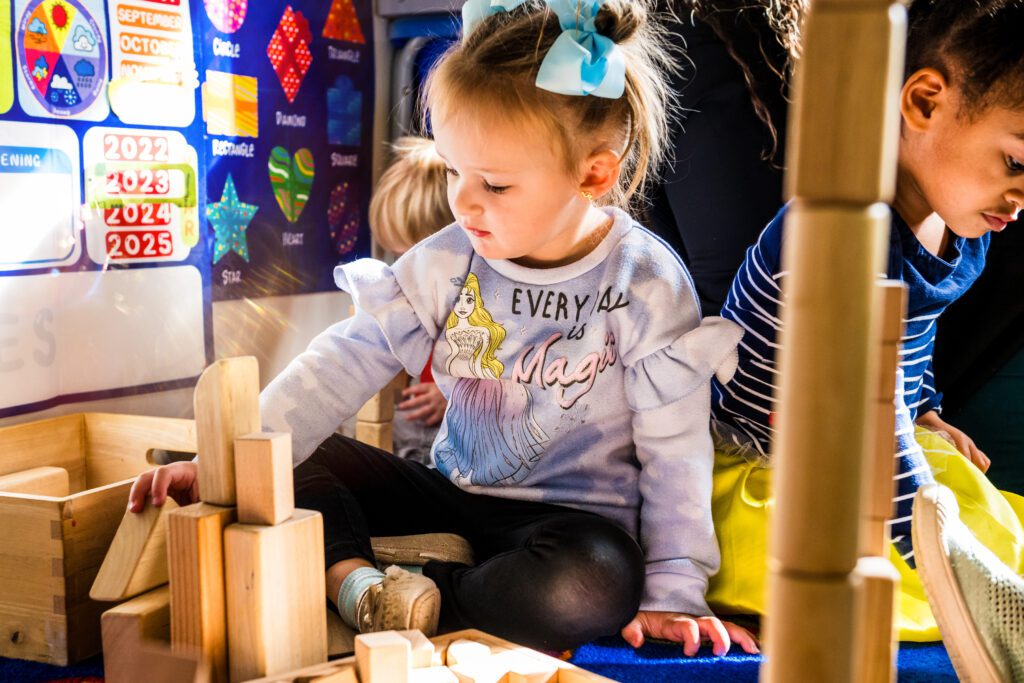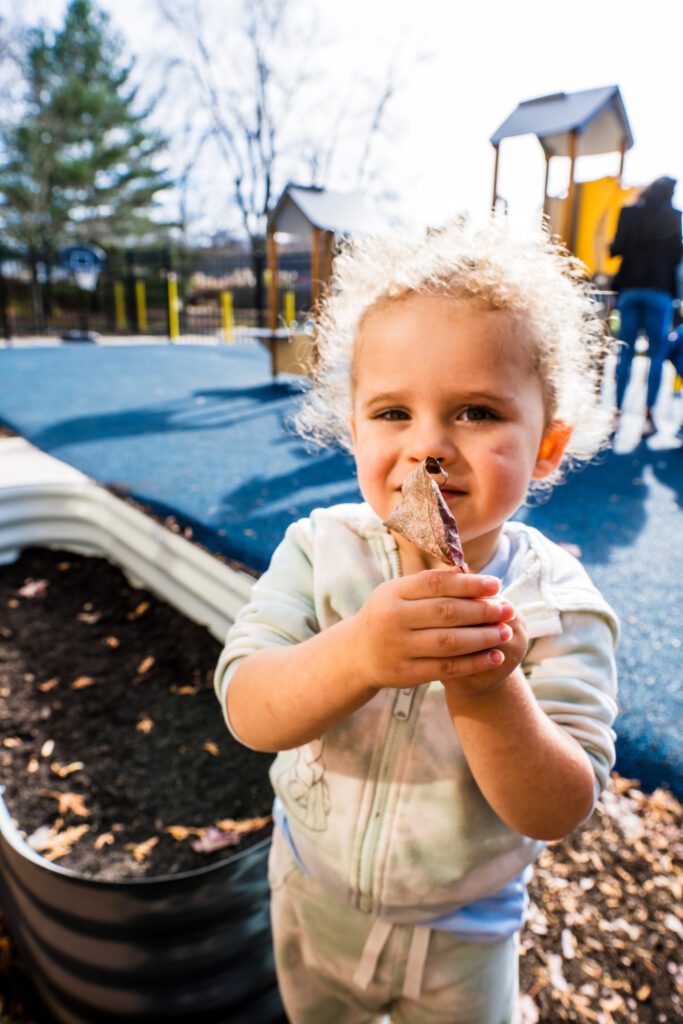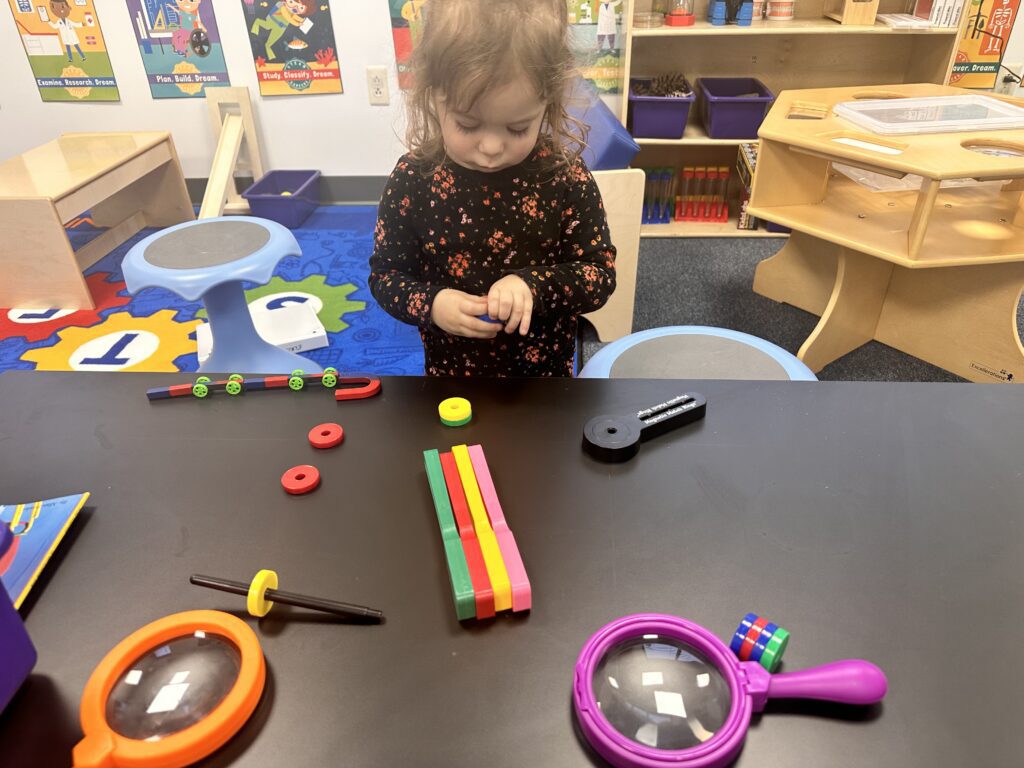toddlers
toddler program (1-2 years)
Our toddler program is designed for young children to learn about their environment using their senses. At this stage, children are curious, ready to approach new experiences, take risks, and show eagerness to learn. Our program allows children to engage in developmental STEM activities inside and outside the classroom. Also, during this stage, children are exposed to a rich STEM-based informational text to build their vocabulary and increase literacy awareness.
teaching STEM to toddlers requires a hands-on, interactive approach that caters to their natural curiosity and developmental stage



Tips for effectively Teaching STEM to Toddlers
Hands-On Activities: Provide age-appropriate activities that allow toddlers to explore, experiment, and manipulate objects. This could include building with blocks, exploring textures, or simple science experiments.
Engage Senses: Incorporate sensory experiences into lessons. Use materials with different textures, scents, and colors to engage their senses while learning about STEM concepts.
Encourage Questions: Foster a learning environment where toddlers feel comfortable asking questions. Encourage their curiosity and provide simple, clear answers to their inquiries.
Promote Exploration: Create opportunities for toddlers to explore their environment, both indoors and outdoors. Nature walks, observing plants, and studying insects are all great ways to introduce basic science concepts.
Use Play-Based Learning: Integrate play into STEM activities. For example, use building toys like blocks to teach basic engineering principles or play with water to explore basic physics.
Storytelling and Books: Use age-appropriate STEM-related books and stories to introduce concepts. This helps build their vocabulary and understanding of STEM topics.
Safety First: Ensure that all activities and materials are safe for toddlers. Supervise closely during experiments or activities that involve small objects.
Simple Experiments: Conduct simple, safe experiments to introduce basic scientific principles. For example, exploring buoyancy with objects in water or observing changes in materials.
Encourage Problem-Solving: Pose open-ended questions or challenges that prompt toddlers to think critically and come up with their own solutions.
Celebrate Curiosity: Celebrate their achievements, no matter how small. Encourage their efforts and curiosity, which helps build confidence in their learning abilities.
Provide a Supportive Environment: Create a space that is conducive to exploration, with easy access to materials, tools, and resources.
